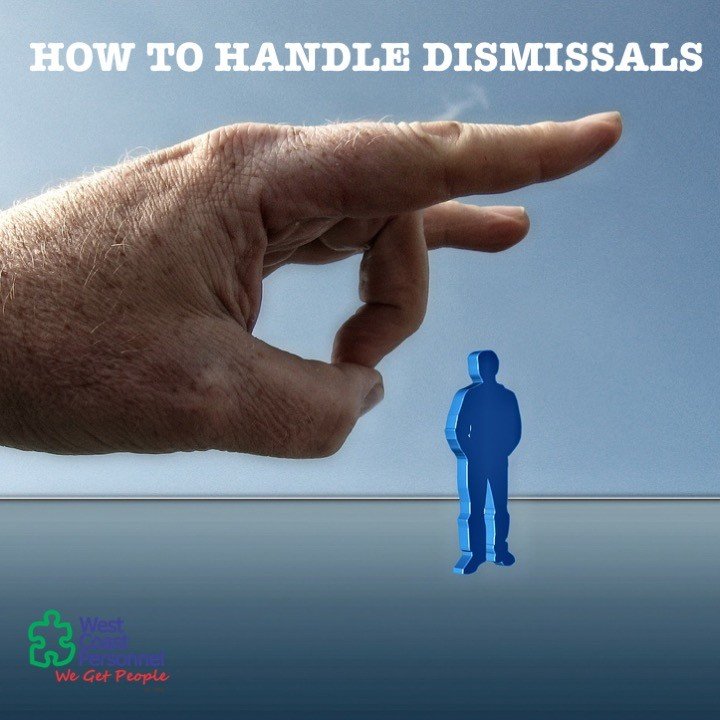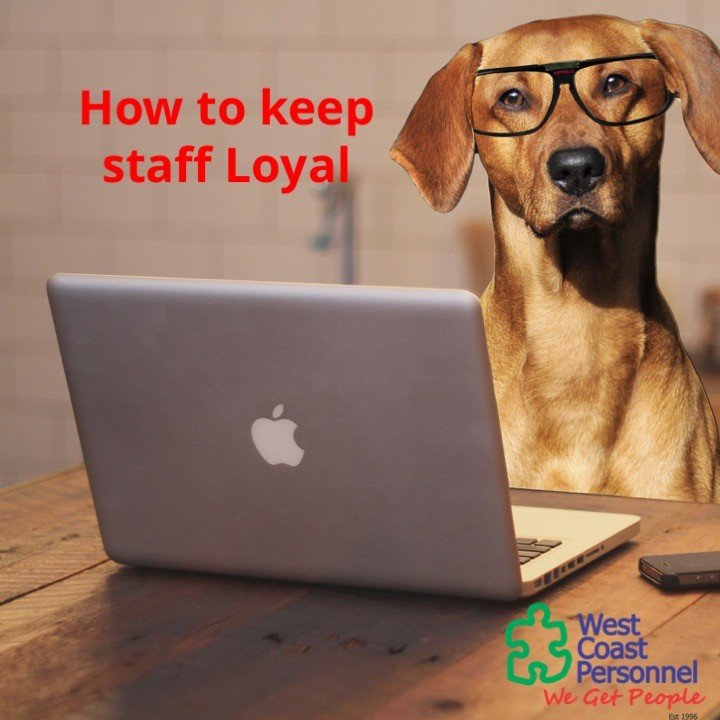People lie in interviews. Fact!
You’ve been looking to fill an important position in your business for months now, and after hundreds of resumes and dozens of interviews, you think you’ve finally found the perfect candidate. Their skills and experience are exactly what you’re looking for. He has got a great attitude and your team loves him. But are they maybe really too good to be true?
People aren’t always the most truthful in interviews. When you really want to land the job, it can be easy to exaggerate, or stretch the truth a little bit. You’re in the hot seat and the pressure is on.
People lie in interviews and say that they are very hardworking and never fail to always give exceptional work. This is so that they give the impression that they are perfectionists and never disappoint those who expect so much of them.
Its estimated 38 percent of people have embellished their job responsibilities on a resume. So, rather contact prior employers (not just references) and get as many details as you can about the candidate's job duties and descriptions. If employers won’t or can’t provide these, try tapping into LinkedIn to see if the candidate’s description of his or her past roles matches what’s on the resume.
Candidates mislead you with current salary and salary expectations. Ask them for their last 3 pay slips and then decide on a reasonable increase. If the expectation is more than a 20% increase on current package, start asking questions like “what extra value are you bringing or offering to justify the increase been above market rate?”.
Those who have leadership skills are always willing to try and salvage a problematic situation or they do their best to take control when things go wrong. That is why a big lie, which many people tell is that they say that they have exceptional leadership skills, even when they do not.
People lie in interviews about their reasons for leaving. It is important you ask referees why they resigned.
Its estimated 12 percent of candidates lie about dates of employment to cover gaps. You can contact previous employers to confirm dates. We also use the credit check to confirm dates. The credit checks we do list employment and employment dates. If someone omits a previous employer we also pick it up here.
Companies believe that working in groups yields the best result and that is why so many people feel compelled to tell this big lie.
At the extreme, candidates may purchase diplomas from online or falsify documentation by adding their names to a friend’s qualifications or even claim certification from people with the same name and surname as them. We check qualifications through a service provider, using the ID number matched to the qualification code to make sure it is the correct person.
Candidates often say they are prepared to travel or relocate under pressure, but change their mind the next day. Relocation and commuting is a big issue and the candidate should have time to think and consider if the travel is manageable and realistic.
Nowadays all employees are expected to be people-friendly, simply because they interact with a lot of clients. Keeping clients happy is one of the major task of employees and if employees are not approachable, they sooner than later will prove to be a real liability to the company. This is another big lie which many candidates tell during the interview, because they know that this is an ability which is truly sought after.
Besides that people lie in interviews, there are many people who have the habit of gossiping. Such individuals just wait for an opportunity to talk ill of others and to spread vile rumors. Indulging in such gossip is very immature and childish, however sadly it is something which almost all of us take part in. This is certainly one of the biggest lies which people state in the course of the interview just so that the concerned recruiter gets the impression that the individual is someone who is mature and not interested in petty things such as gossip.
On my social media history, you won’t find any racist, inflammatory, sexist or controversial remarks. Yeah, right! Millennials are quickly realizing that those offensive tweets they sent a couple of years ago or that rant they posted on Facebook about their ex-boss just last week, are coming to bite them in the butt. Check their social media profiles, the FB, LinkedIn, Twitter, Instagram, and other platforms.
Everyone should conduct at least a five-minute research on the company to get a rudimentary grasp of the business, history, mission statement and so on. The interviewer will likely ask a follow-up question to ensure you actually did find out more about the firm. If you want to get away with the lie the best thing to do is to ask generic questions or say "I couldn’t find any information on (fill in the blank). Could you explain more?











